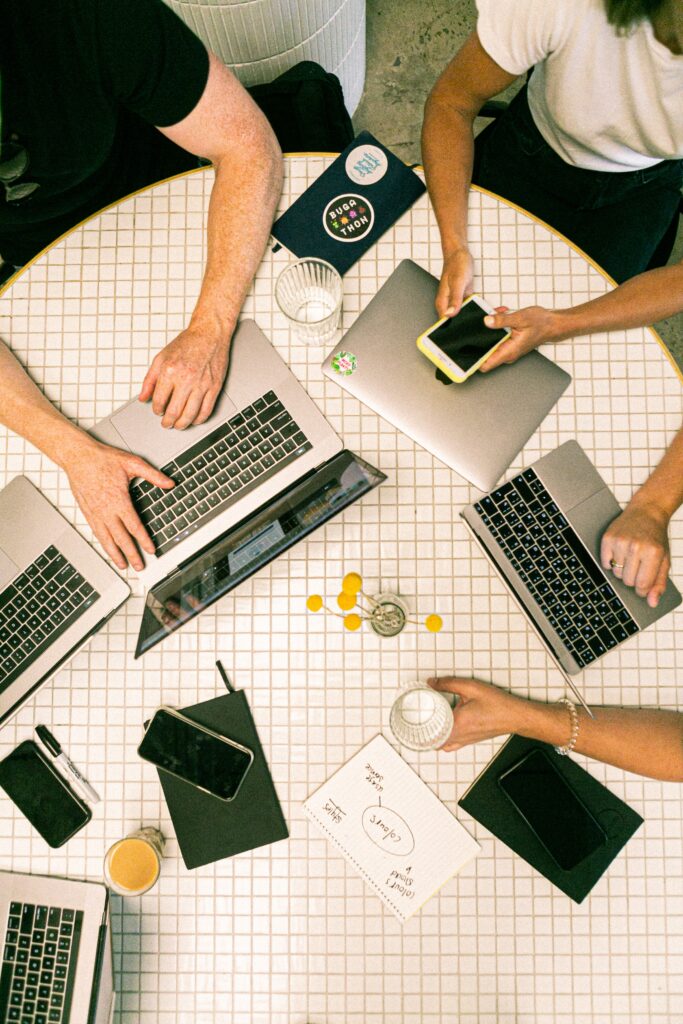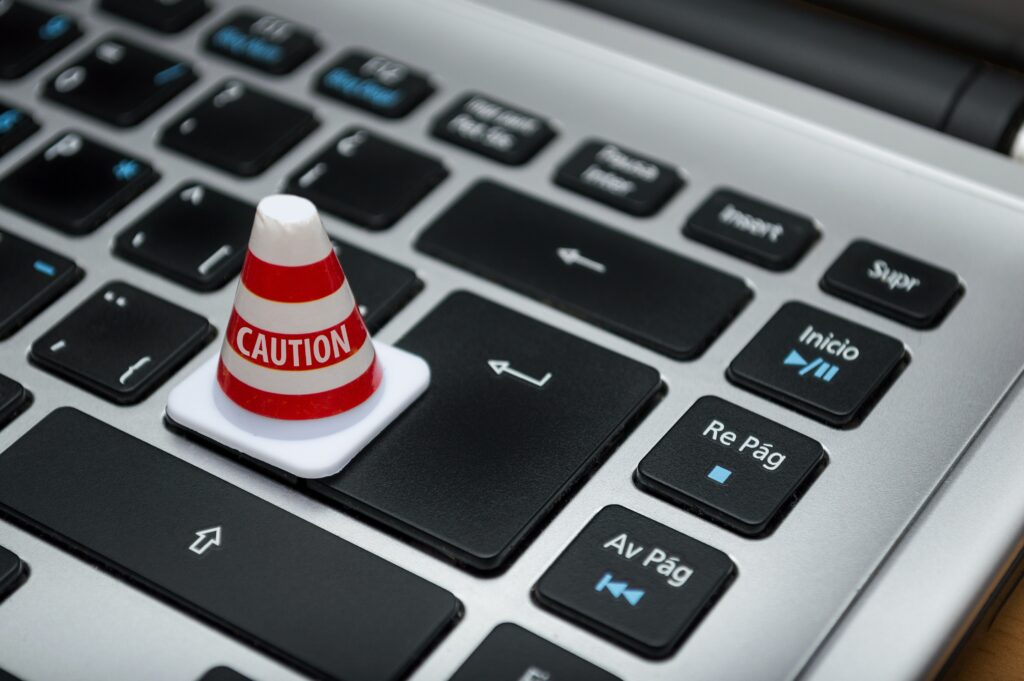DIGI SOCIETY
I was born in 1991 and lived “time before information technology”. I remember when we got the first computer to our home – the Internet could not be used if someone was waiting for a call. The information was retrieved from the library and after school we went to the library computers to spend free time. In junior high, I studied ten -finger systems, which seems to be a bit amusing for today’s young people. Nowadays, all the information is on the Internet, and that’s why you don’t have to bother with the library.

Increased digitalisation in the social care industry has expanded the job description of the nurse and work requires new skills. Digitalisation in nursing reform, among other things, patient care processes and practices and services. The use of renewed services requires sufficient IT skills, equipment and functional network connections from the customer. The change also requires clients to be active and wants to become familiar with new tools and use of services.
As the information society evolves, everyone’s involvement should be taken into account; Autonomy, inclusion and self -determination with the elderly and those at risk of exclusion and various restrictions. Not all citizens have social media, bank IDs or quick information connections to use operating systems.

With the Covid-pandemic, local conferences changed to remote conferences. This allows you to participate in the meetings from other location. My own YAMK-studies have been remotely accomplished, except for a few contact lessons. Remote lectures have made it possible for experts to participate in lectures, regardless of the location. However, i haven’t even seen all my classmates. Remote meetings and telecommuting have also been able to reduce well -being at work to the extent that you can hardly see with colleagues.

We are living more and more in a more data -driven world. Digital platforms have revolutionized the way we work to make us happier, healthier and more productive. For consumers, this downside is that it has left us all helpless; Fear of our information about abuse and sharing around the world.
The General Data Protection Regulation (GDPR) is a law regulating the processing of personal data that began to be applied in all EU countries in May 2018. The Data Protection Regulation provides better protection for individual personal information and more ways to manage the processing of data. It covers information on how organizations and smaller parties process people’s personal information. The GDPR requires that personal data be processed legally and fairly, the data is collected only for a specific purpose and is up to date and retained only for the necessary time.
One of the key changes in GDPR is the obligation to indicate: in addition to the right measures, it must be possible to demonstrate that data protection principles are followed, for example through documentations. Effective and transparent processing of personal data is a viable way to achieve a competitive advantage in the current data-intensive world.
With GDPR, individuals have the opportunity to request the deletion or deletion of personal data under certain circumstances, such as the withdrawal of consent, or when this information is no longer accurate. Consumers may also require organizations to change and/or update inaccurate details. Consumers may require organizations to provide them with all the personal information they store to transfer it to another service provider, for example when changing the bank. Consumers may require any organization to provide them with access to their personal information. The GDPR has been prepared to increase individuals’ confidence and transparency – allowing consumers to manage their information.
I have come across a data protection reform, but I’m not more familiar with it. With this task, I got new information about it. It would be interesting to know my own information stored in various services. Maybe I’ll get to know them in the near future.
The Blogs i commented:
Leave a Reply